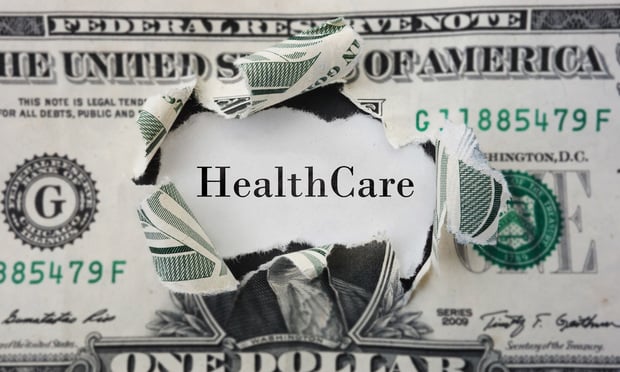Individuals in consumer-driven health plans are more likely to exhibit more cost-conscious behaviors as compared to those enrolled in traditional coverage, the Employee Benefit Research Institute finds.
|A consumer-driven health plan refers to the combination of a tax-preferred savings or spending account with a high-deductible health plan. These account-based health plans include either a health savings account or a health reimbursement arrangement.
|According to EBRI's research, those in CDHPs were more likely to say they had checked whether their plan would cover care; asked for a generic drug instead of a brand name drug; talked to their doctor about treatment options and costs; talked to their doctor about prescription drug options and costs; developed a budget to manage health care expenses; checked a price of service before getting care; and used an online cost-tracking tool.
Complete your profile to continue reading and get FREE access to BenefitsPRO, part of your ALM digital membership.
Your access to unlimited BenefitsPRO content isn’t changing.
Once you are an ALM digital member, you’ll receive:
- Critical BenefitsPRO information including cutting edge post-reform success strategies, access to educational webcasts and videos, resources from industry leaders, and informative Newsletters.
- Exclusive discounts on ALM, BenefitsPRO magazine and BenefitsPRO.com events
- Access to other award-winning ALM websites including ThinkAdvisor.com and Law.com
Already have an account? Sign In
© 2024 ALM Global, LLC, All Rights Reserved. Request academic re-use from www.copyright.com. All other uses, submit a request to [email protected]. For more information visit Asset & Logo Licensing.








